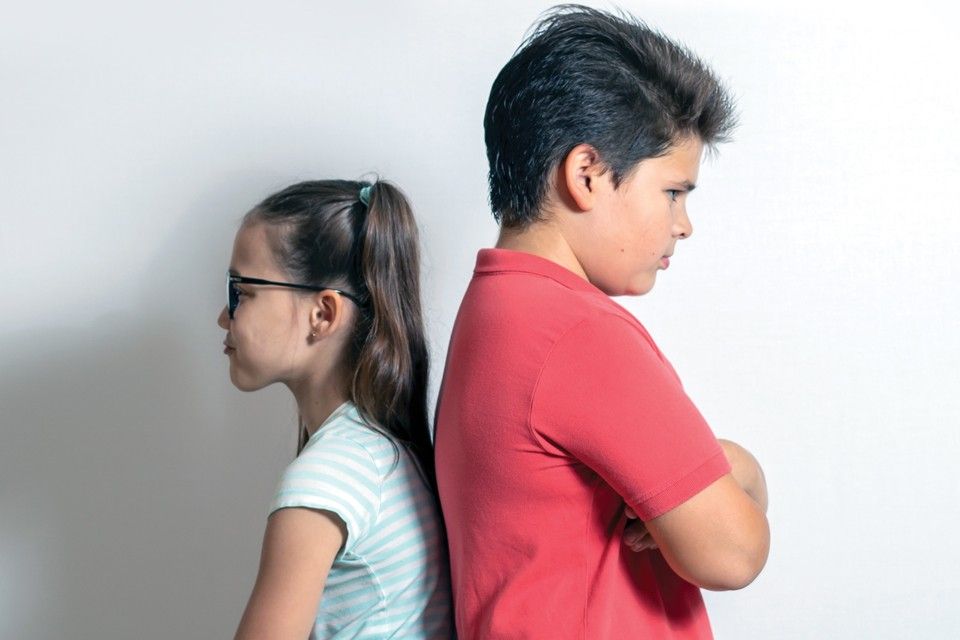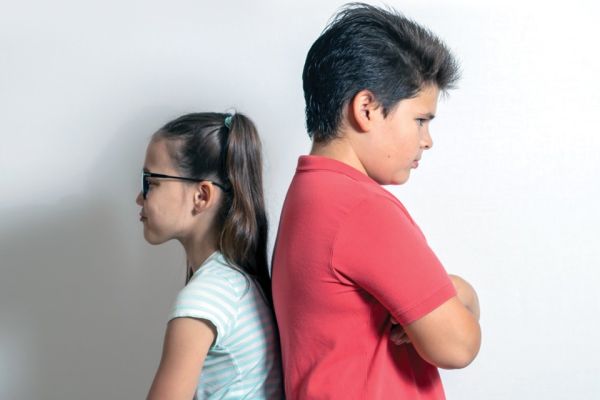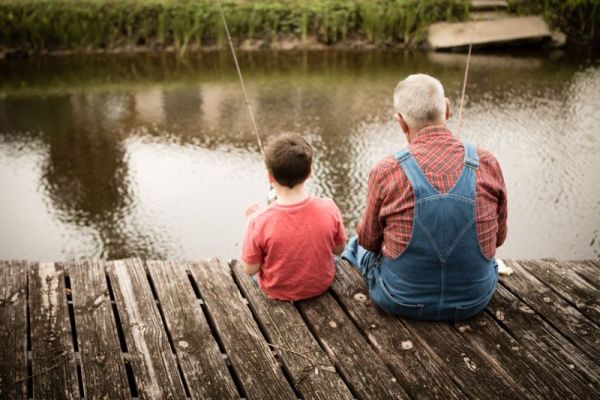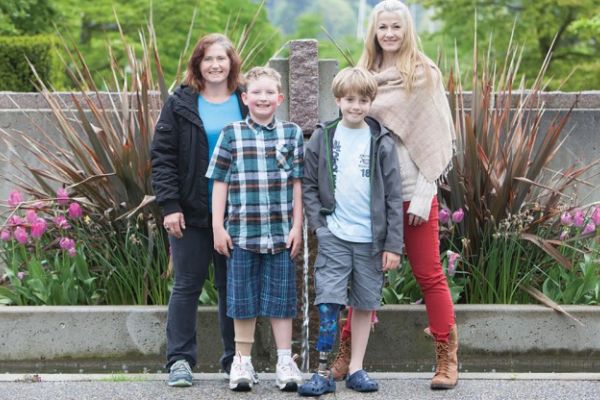Sibling Support for Brothers and Sisters of Amputees

Having a brother or sister who is living with a disability can be challenging at times for children and teens. Studies
show that being a sibling of a youth with a disability can have both positive and negative effects.
In the family car, tired, hungry and bored siblings clash noisily in the back seat. From the living room, a young brother
complains that he does not get as much attention and compares himself to a fifth wheel. A teen sister groans about
having way too much responsibility, exclaiming that she’s too young to be the glue that holds the family together.
The family includes a child amputee, but what about his or her sibling(s)? What are their roles in this family dynamic? What about the impact on them?
These effects on siblings are contingent on interrelated factors such as gender, culture, disability type, peer relationships, family size, family functioning and connectedness, and the emotional availability of parents. Even simple things, like consistent household routines, are linked to positive outcomes.
While most siblings are well-adjusted, they may be subject to increased risk of negative externalizing and internalizing behaviours, like anxiety, depression, guilt, and lower social competence.
It has been consistently reported that sisters of children and youth with a disability are especially vulnerable to the emotional demands of the family. They also take on a more parental role compared to brothers, and account for a higher incidence of emotional problems among non-disabled siblings.
The family includes a child amputee, but what about his or her sibling(s)? What are their roles in this family dynamic? What about the impact on them?
These effects on siblings are contingent on interrelated factors such as gender, culture, disability type, peer relationships, family size, family functioning and connectedness, and the emotional availability of parents. Even simple things, like consistent household routines, are linked to positive outcomes.
While most siblings are well-adjusted, they may be subject to increased risk of negative externalizing and internalizing behaviours, like anxiety, depression, guilt, and lower social competence.
It has been consistently reported that sisters of children and youth with a disability are especially vulnerable to the emotional demands of the family. They also take on a more parental role compared to brothers, and account for a higher incidence of emotional problems among non-disabled siblings.
Read the full feature article – Sibling Support: Giving Voice to Brothers and Sisters of Amputees – which
includes sibling research, and resources and tips to help parents address issues that siblings face.






 How to resolve AdBlock issue?
How to resolve AdBlock issue?